Greatest NHL Rookie Playoff Performances

The Pittsburgh Penguins are one game away from winning their fourth Stanley Cup. And a big reason is rookie goaltender Matt Murray. Murray had only played 13 regular season games before taking over for an injured Marc-Andre Fleury at the start of the 2016 playoffs. But once the postseason began, Murray has been a rock, going 14-5 with a 2.09 GAA and a .925 save percentage.
As good as Murray has been, he’s only the latest player to use the Stanley Cup playoffs as a coming out party. Through the years, rookies have made an impact in NHL postseason play. Here's a look at 15 of the most memorable.
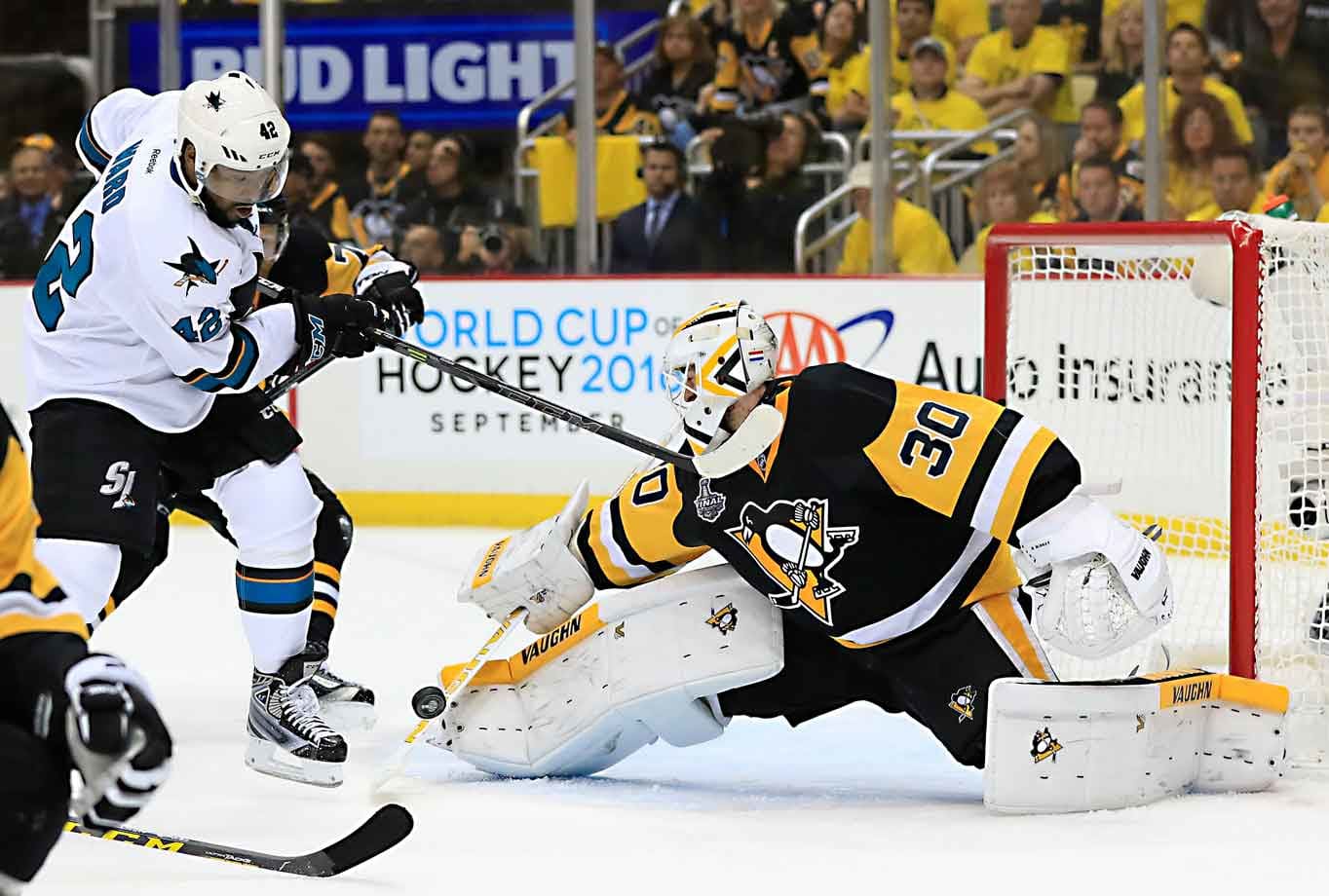
Taking over for the injured Marc-Andre Fleury, the untested Murray put together a run to the Stanley Cup Final that was remarkable for its cool steadiness. By the time the Penguins were within a win of the Stanley Cup, Murray had gone 5-0 with a 1.75 goals-against average in games after losses. He allowed two goals or fewer in four of those five games, and needed only one more win to tie the NHL postseason rookie record of 15 shared by Patrick Roy, Ron Hextall and Cam Ward.
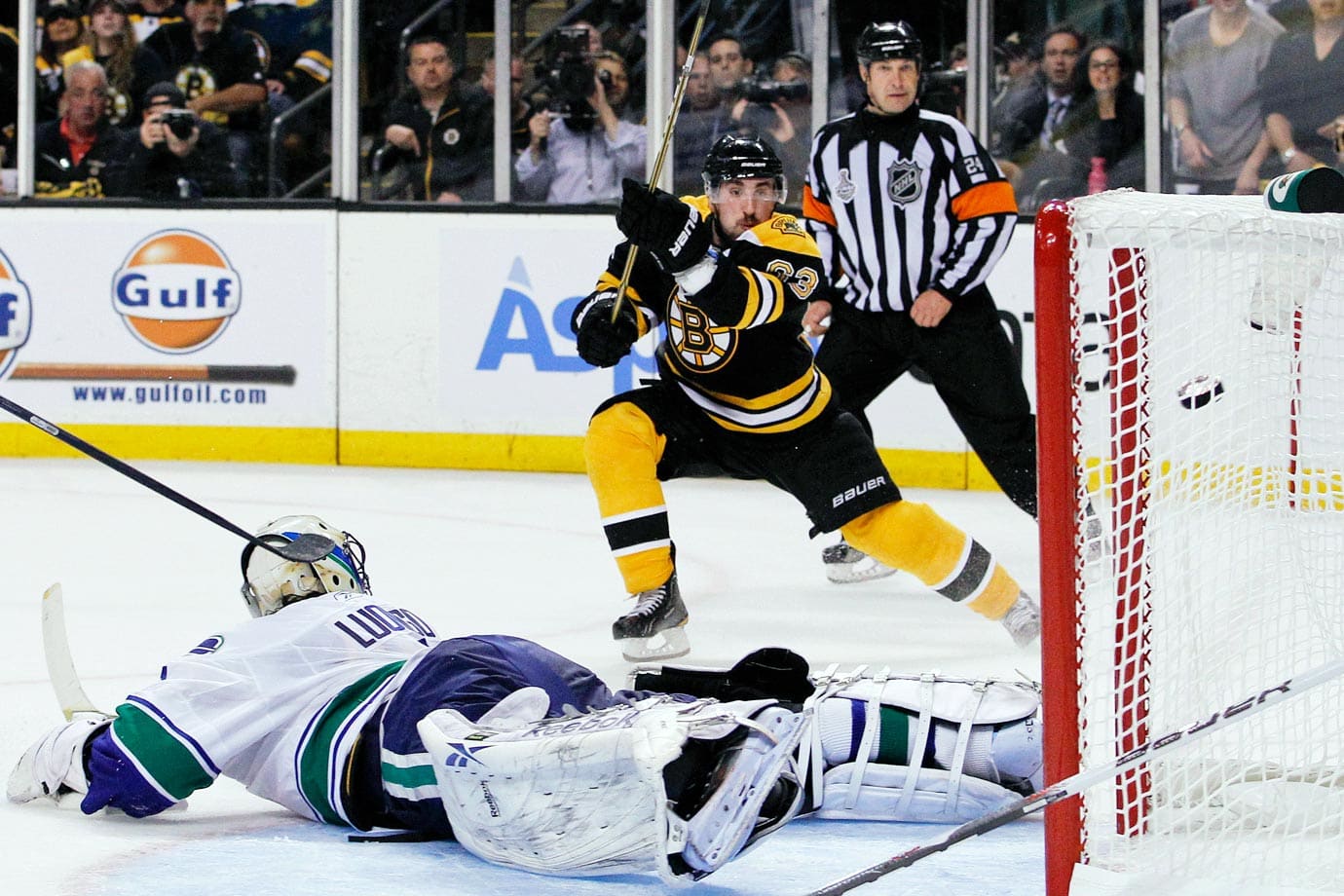
Winger Marchand's chippy, fearless game was custom-made for the frantic, desperate pace of the playoffs. Like a speedier, snarkier Stan Jonathan, he cowed the opposition with his goal scoring (11, including a pair in Game 7 of the Cup finals vs. Vancouver) and his fists. His speedbagging of an unresponsive Daniel Sedin may have been the defining moment of that series.
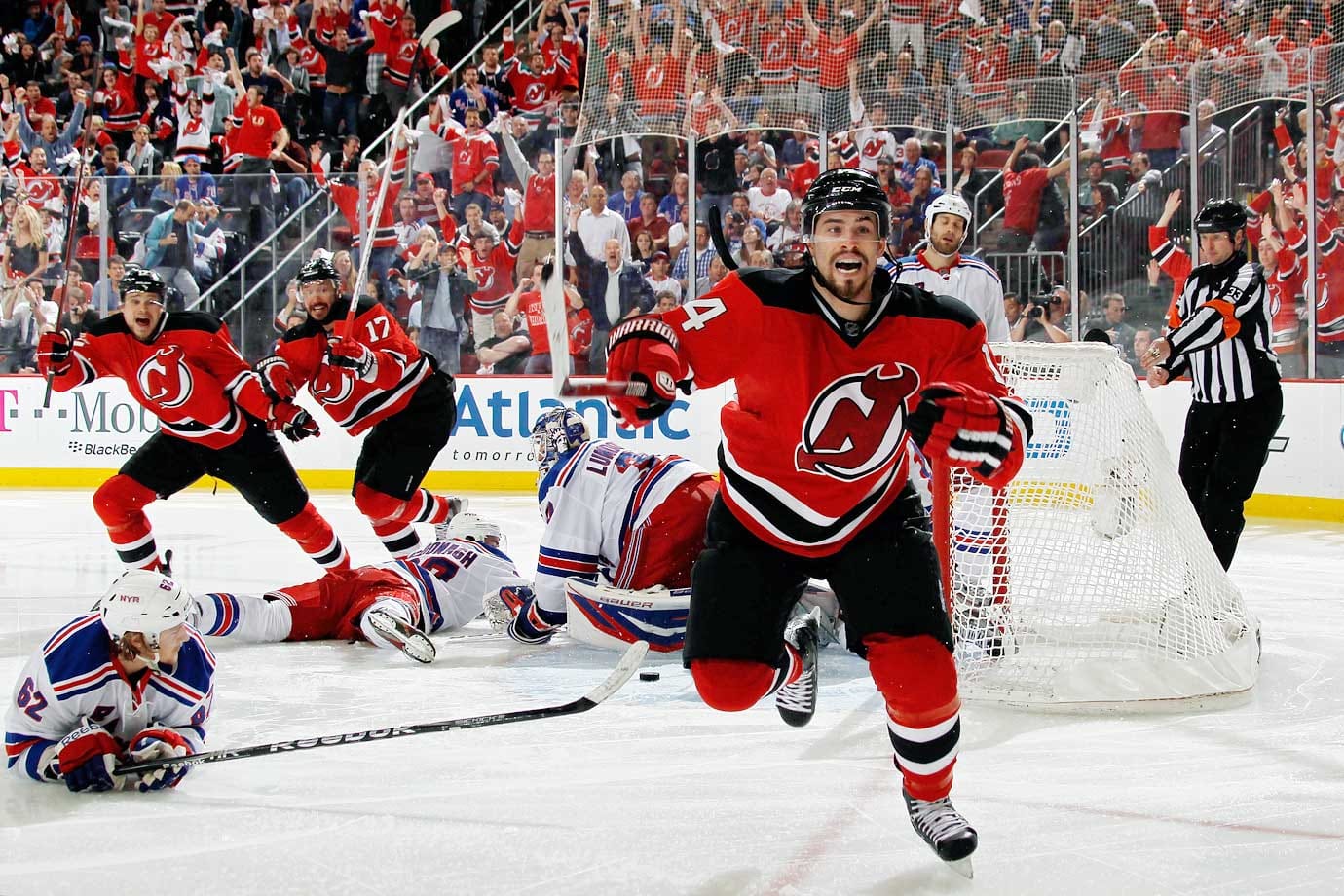
Some players are born to be heroes. Henrique first showed his flair for the dramatic with the overtime winner that sent the OHL’s Windsor Spitfires to the 2009 Memorial Cup Final. Three years later, he became just the second rookie in NHL history to score a Game 7 overtime winner when he clinched New Jersey's first-round win over Florida. Two rounds later, the Devils center was again the OT hero as they eliminated the Rangers in the Eastern Conference Finals. That made him the first rookie to score two series-clinching OT goals in the same playoffs.
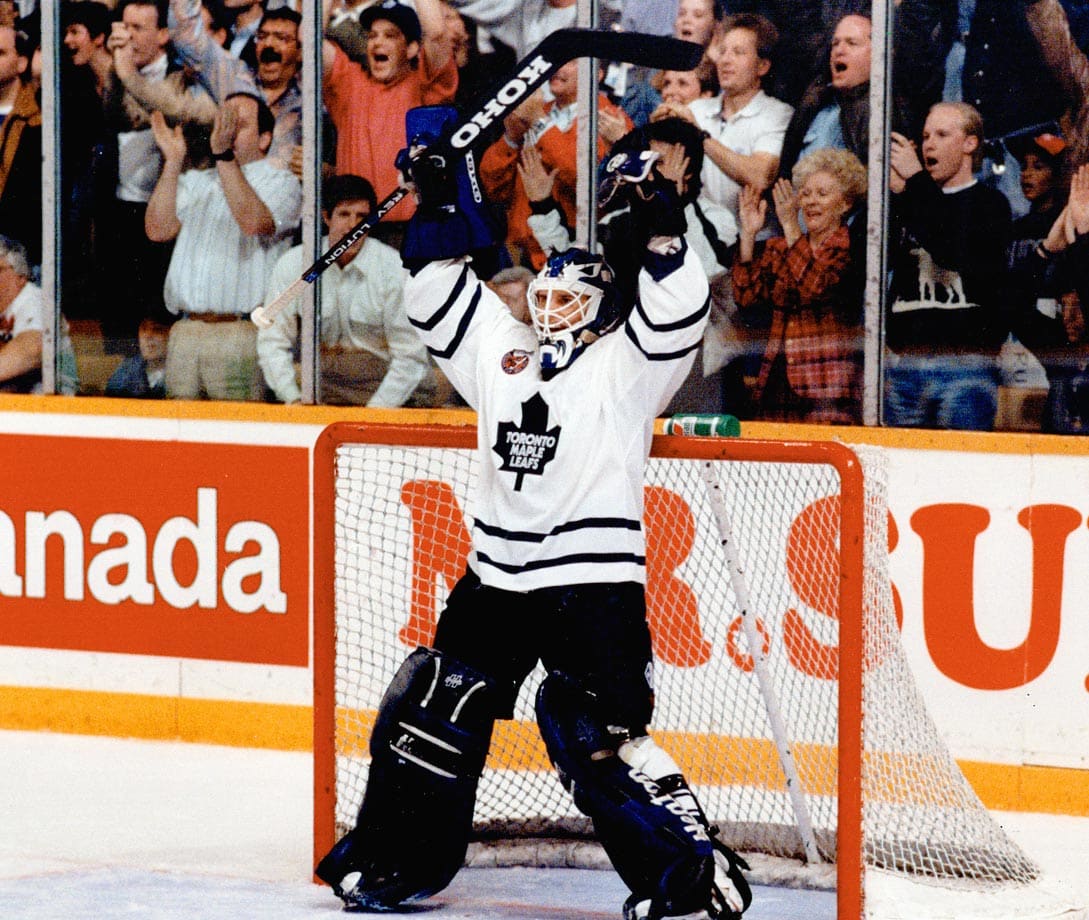
Potvin shouldn’t have caught anyone by surprise by the time the 1993 playoffs rolled around. A Memorial Cup finalist, a World Junior gold medal winner and the NHL leader in goals-against average as a rookie, he had a knack for rising to the occasion. He built on that rep in the postseason, leading the surprising Leafs past the Red Wings and Blues in seven games each before succumbing to the Kings in Game 7 of the Campbell Conference Finals.
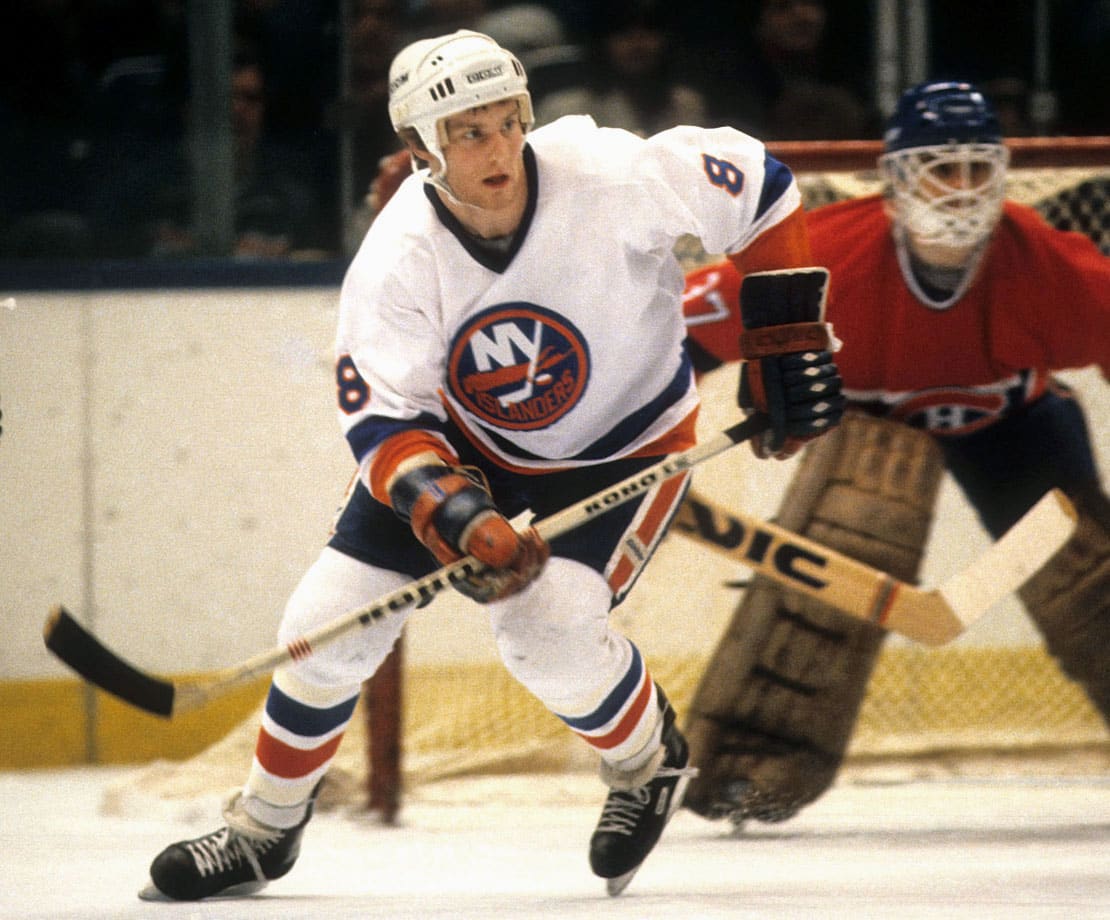
A graduate of Canada's then-amateur national team, the 20-year-old winger was brought up to the NHL to add a boisterous physical presence to the Isles. He was plenty rambunctious all right, but by scoring a goal on his first playoff shot he proved he could be more than just a banger. He ended up contributing nine goals and 15 points in 21 playoff games that spring, helping the Isles make it to the Cup finals where their dynasty ended with a loss to Wayne Gretzky and the rising Oilers.
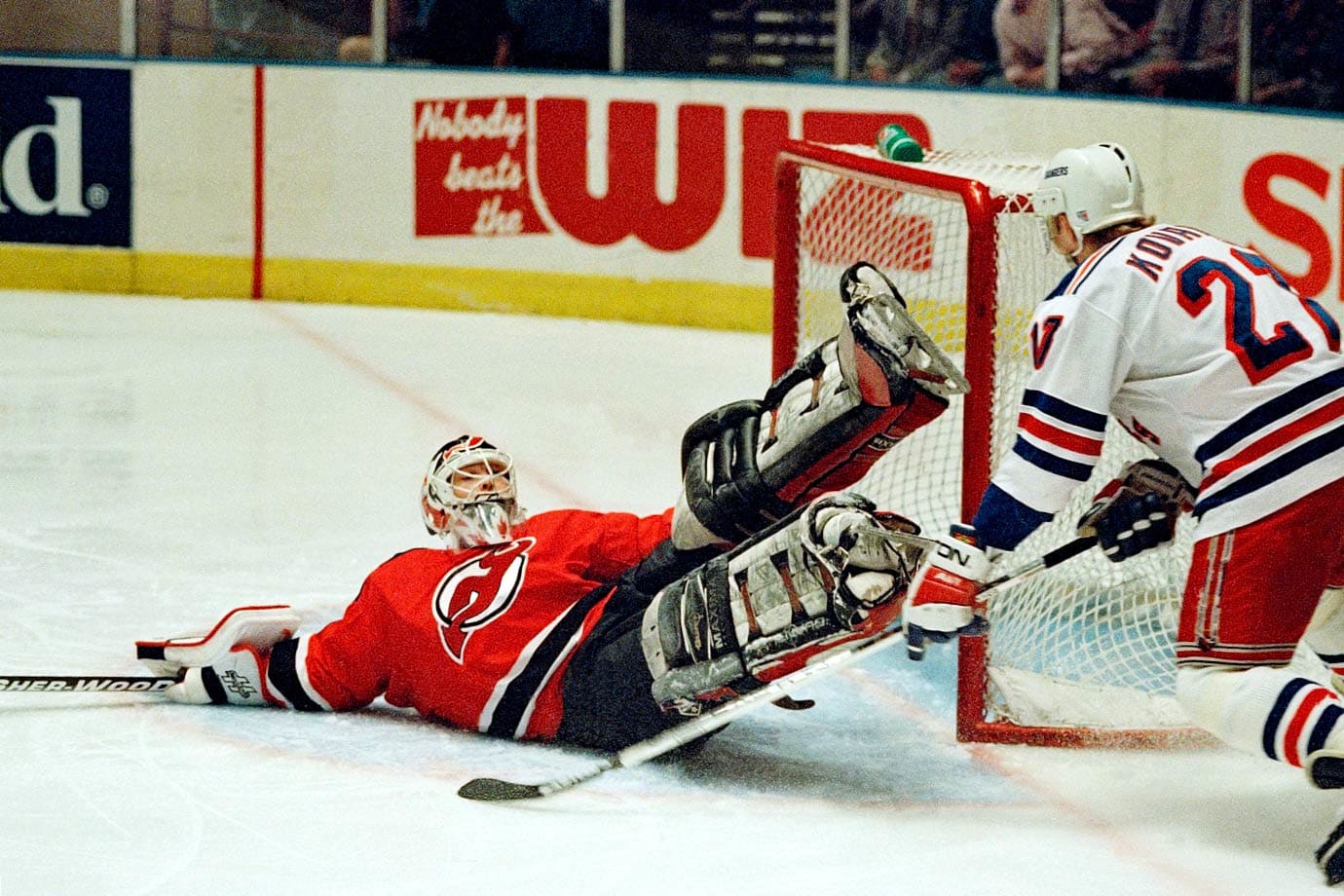
Brodeur followed his Calder Trophy-winning regular season with a spectacular playoff run for the Devils. Belying his pedestrian 8-9 record, Brodeur was terrific in his postseason debut, posting a 1.95 GAA and .928 save percentage to carry New Jersey to within one game of the Stanley Cup finals before being beaten in overtime by Stephane Matteau of the eventual champion Rangers.
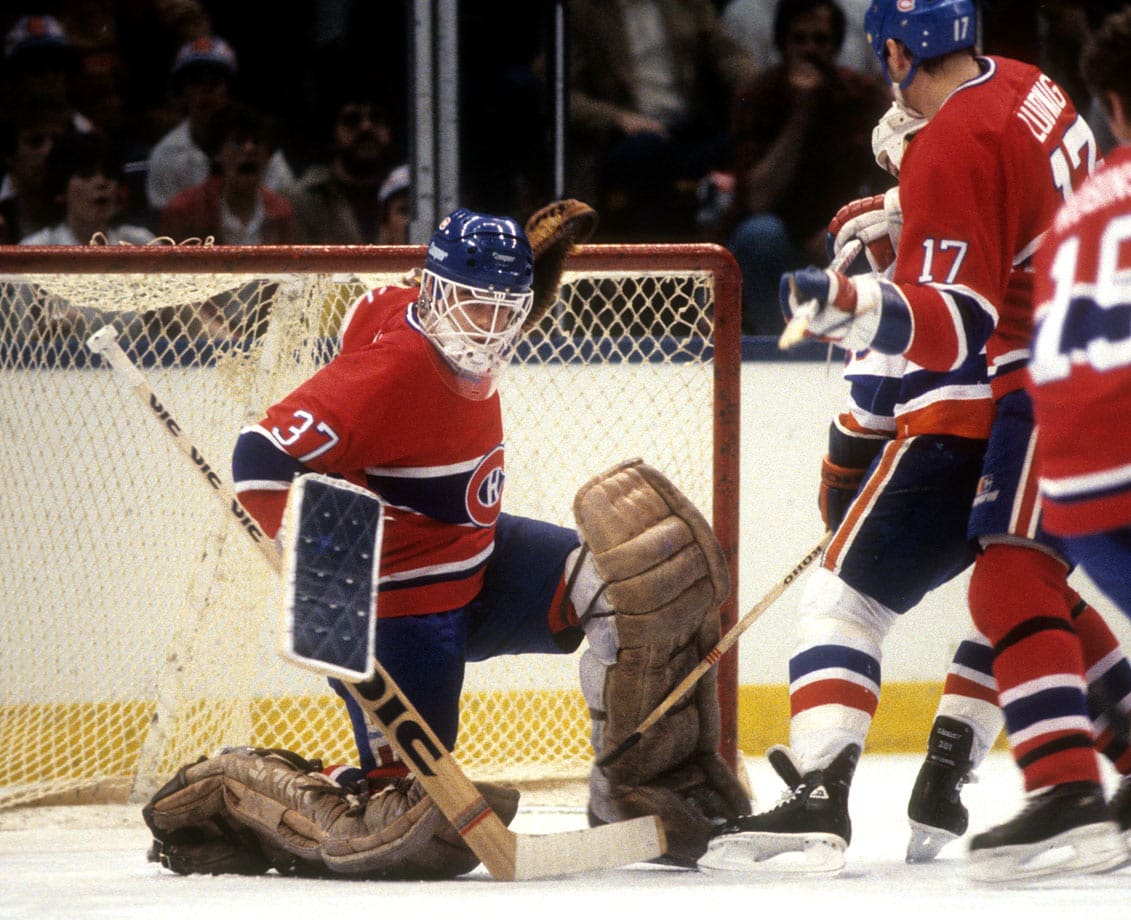
Penney played in only four regular season games—and went 0-4 with a 4.75 GAA—but he was the surprise choice of coach Jacques Lemaire to open the playoffs instead of veteran Richard Sevigny when starter Rick Wamsley was injured. The 23-year-old responded by leading Montreal past their two most hated rivals, Boston and Quebec, before they finally fell to the Islanders.
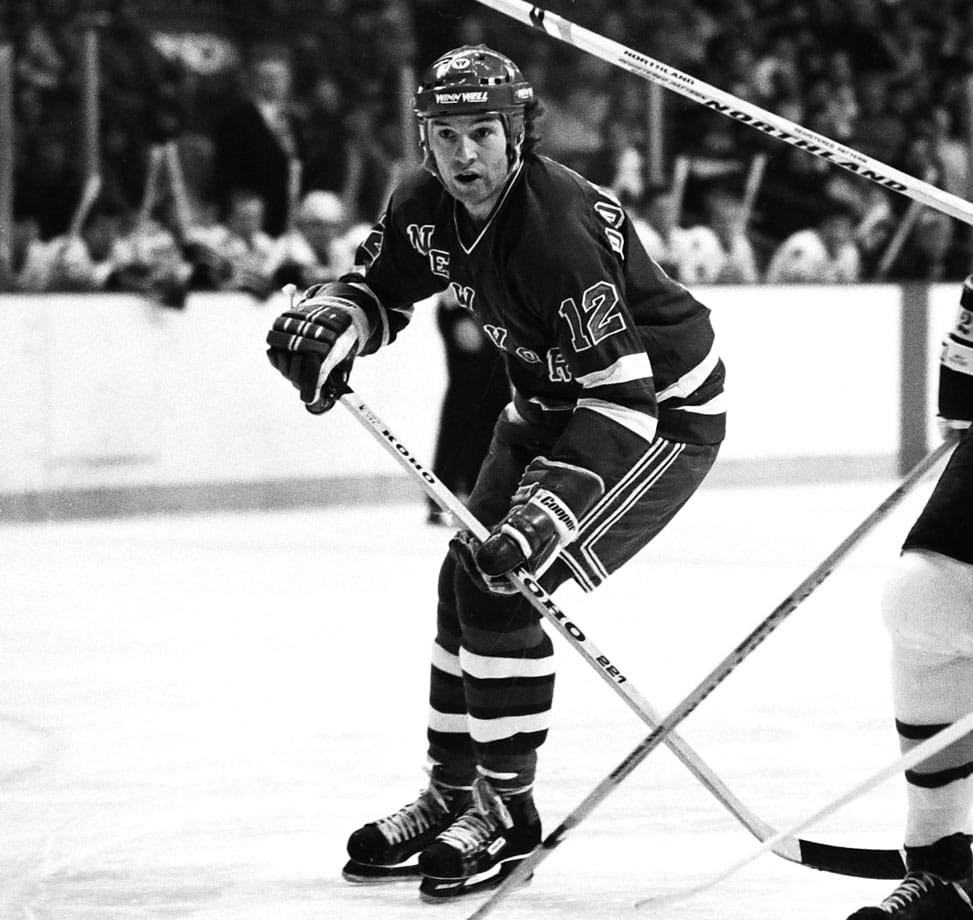
After earning a midseason call-up from AHL New Haven, Maloney found himself skating a wing on New York's top unit alongside Phil Esposito and Don Murdoch. The trio, nicknamed The Mafia Line, played a key role as New York battled through the favored Islanders and on to the Stanley Cup finals. Maloney ended up leading all players with 13 assists and set a rookie scoring record with 20 points in 18 games.
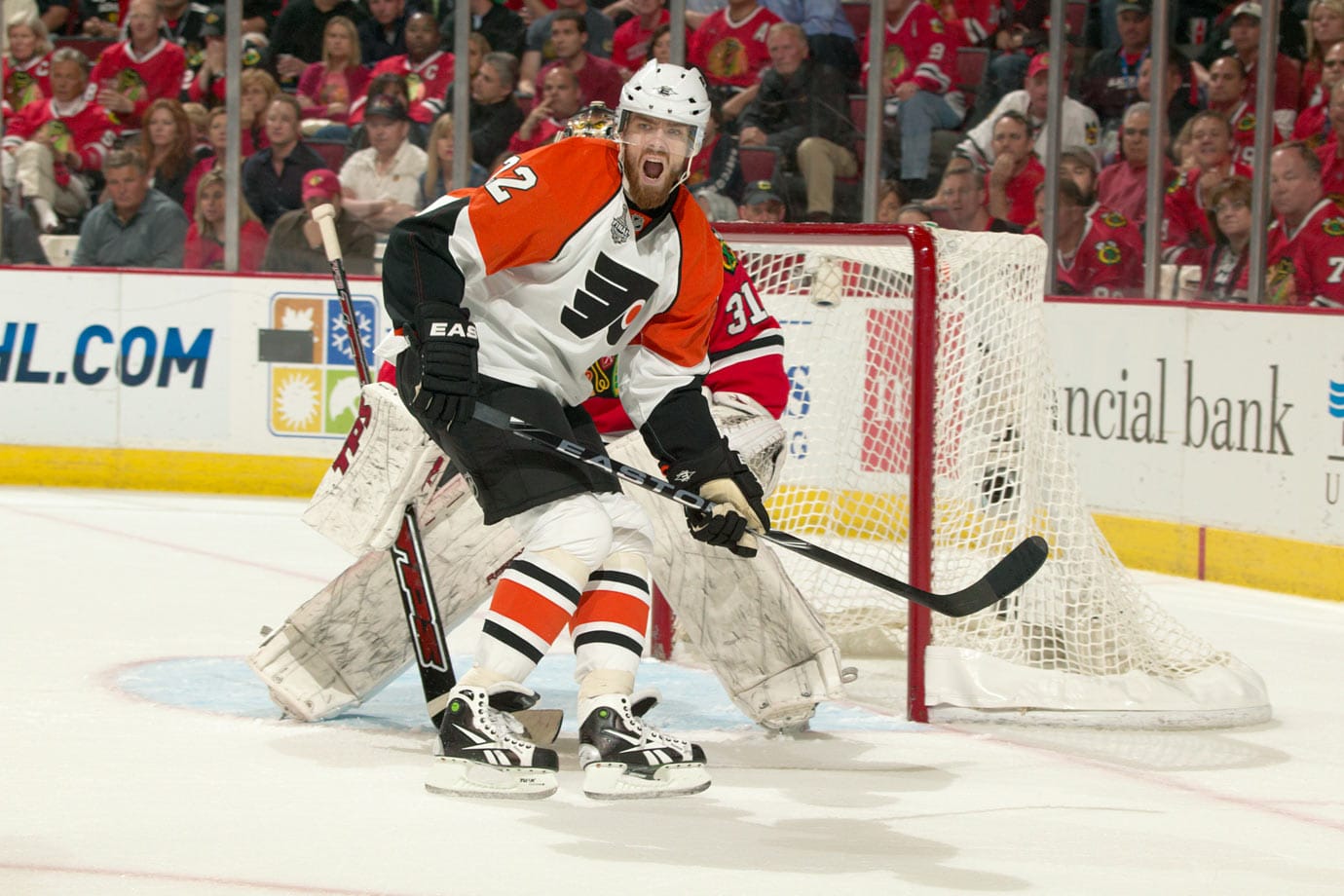
Though Leino skated in seven postseason games with the Red Wings in 2009, he was still considered a rookie the following year when he lit up the field as a member of the Flyers. The 26-year-old winger broke Don Maloney's record for playoff assists by a rookie with 14 and tied the rookie mark with 21 total points, a feat that was made even more amazing by the fact that he watched all but one game of Philly’s first round series against New Jersey from the press box as a healthy scratch.
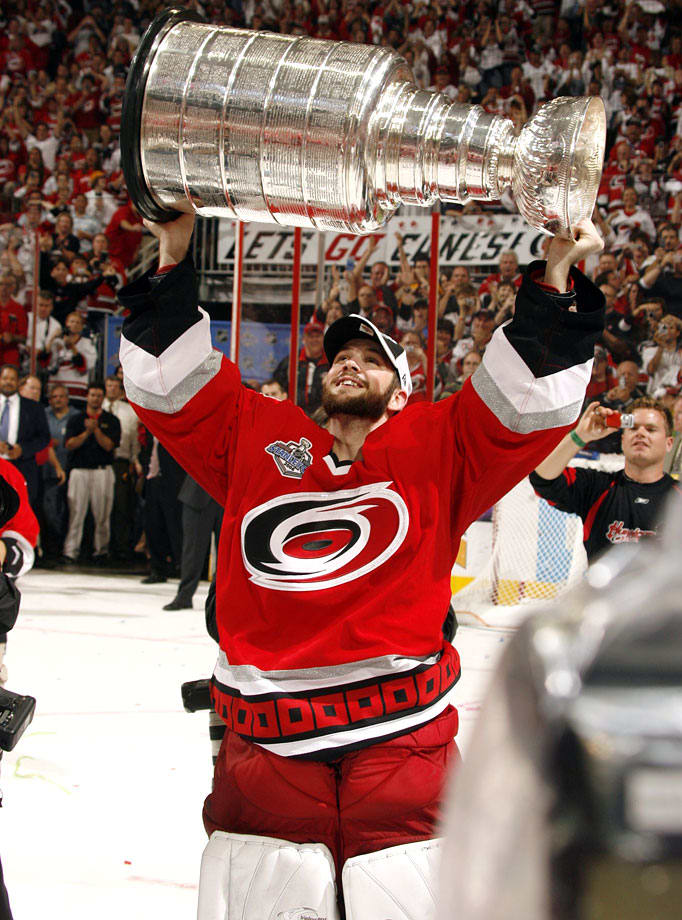
The 22-year-old wasn't Peter Laviolette’s first choice as the starter, but after Martin Gerber followed an opening game loss to the Canadiens by allowing Montreal to build a 3-0 lead in Game 2, Carolina's coach had little choice. He handed the reins to Ward who went on to win 15 games, including Game 7 of the Cup finals, as the 'Canes captured their first championship. Ward became just the third rookie goalie to lead his team to a Cup and the second to capture the Conn Smythe Trophy as playoff MVP.
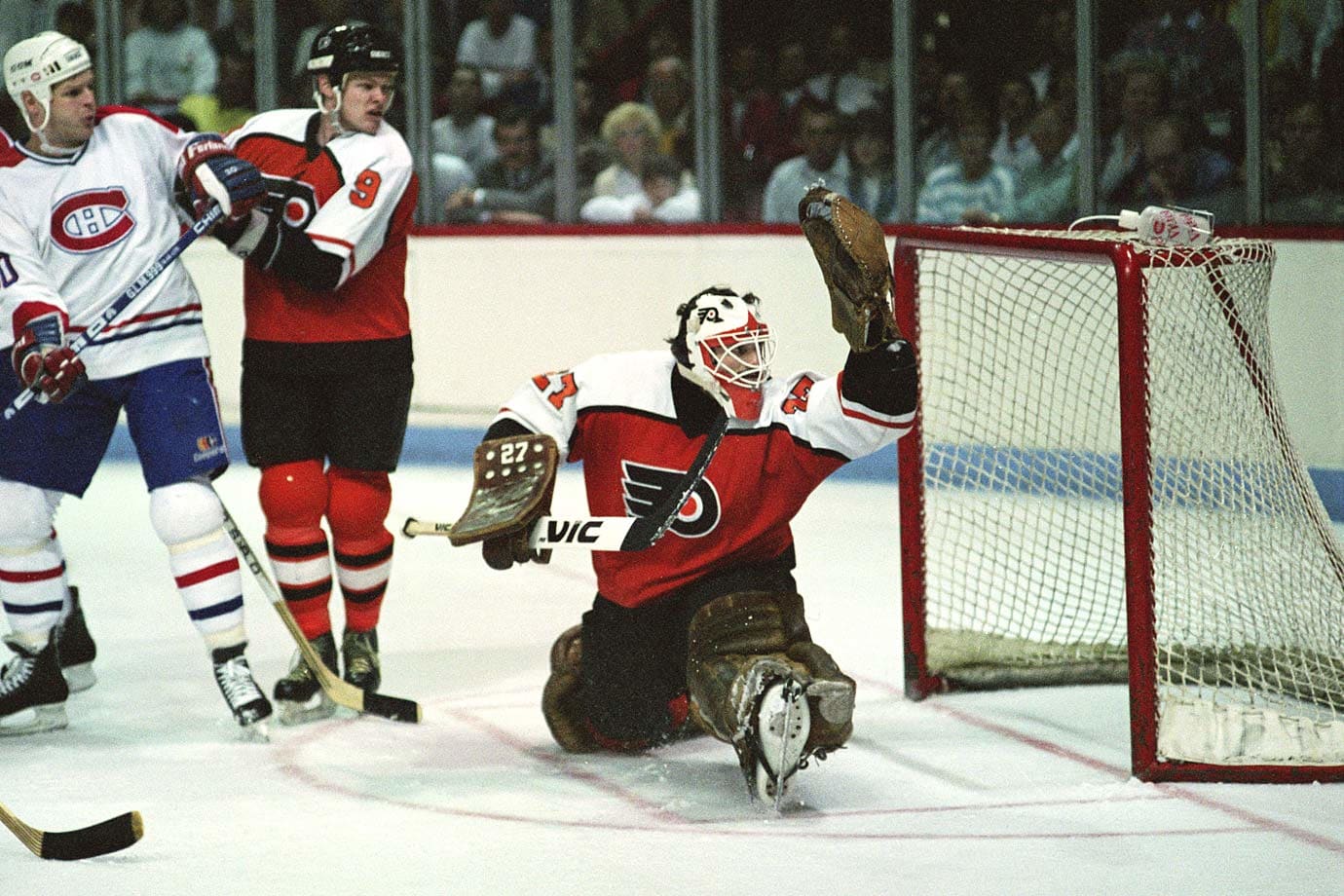
The NHL's first third-generation player won 37 games as a rookie, but it was his playoff debut that sealed his place in hockey lore. The 23-year-old leveraged his combative style into 15 postseason wins and a near upset of the powerhouse Oilers to become the fourth player, and third goalie, from the losing team in the Cup finals to win the Conn Smythe.
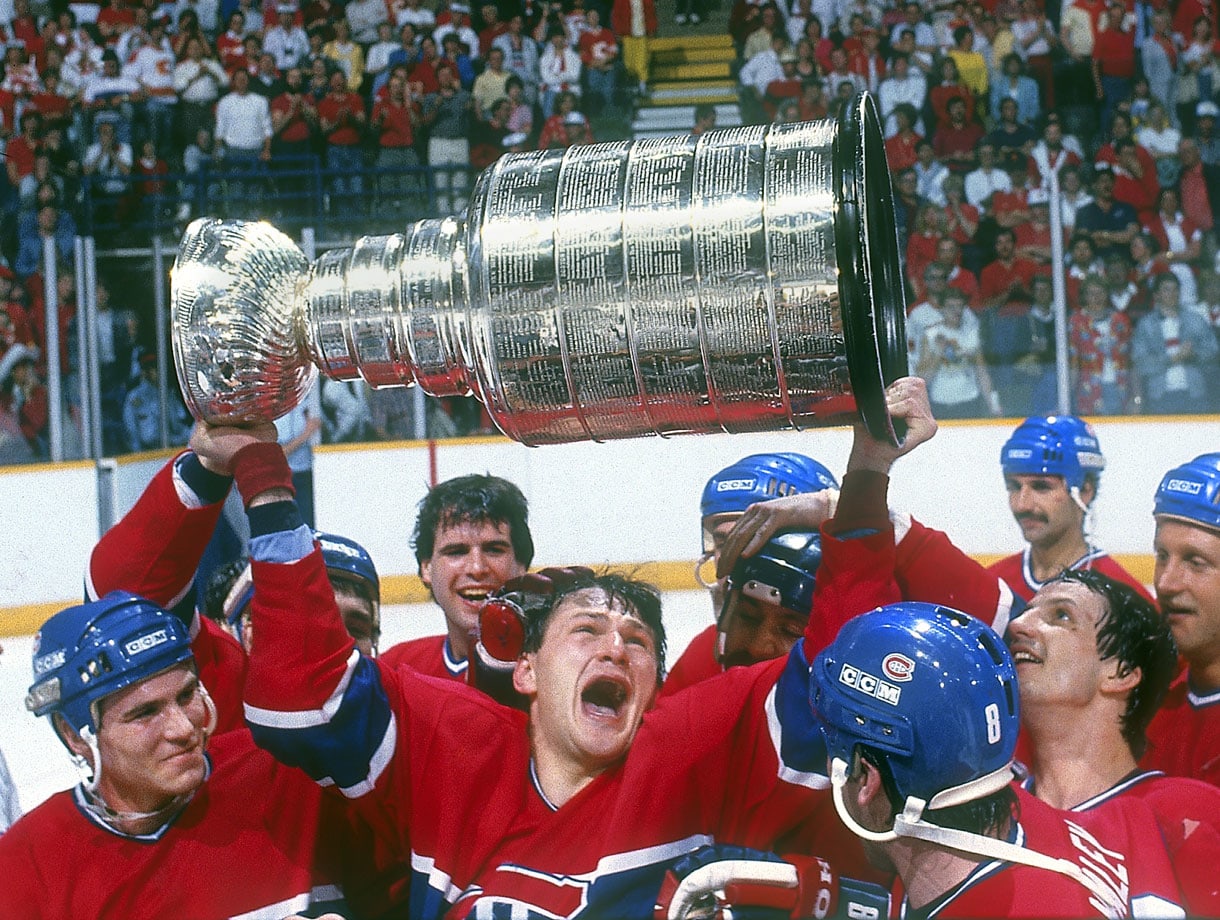
Though remembered primarily as one of the game's most nefarious villains, Lemieux had a knack for elevating his game when the playoffs rolled around. The feisty right winger was never better than in his postseason debut when he scored 10 goals, including four game winners, to help lead the Canadiens to the 1986 Stanley Cup.
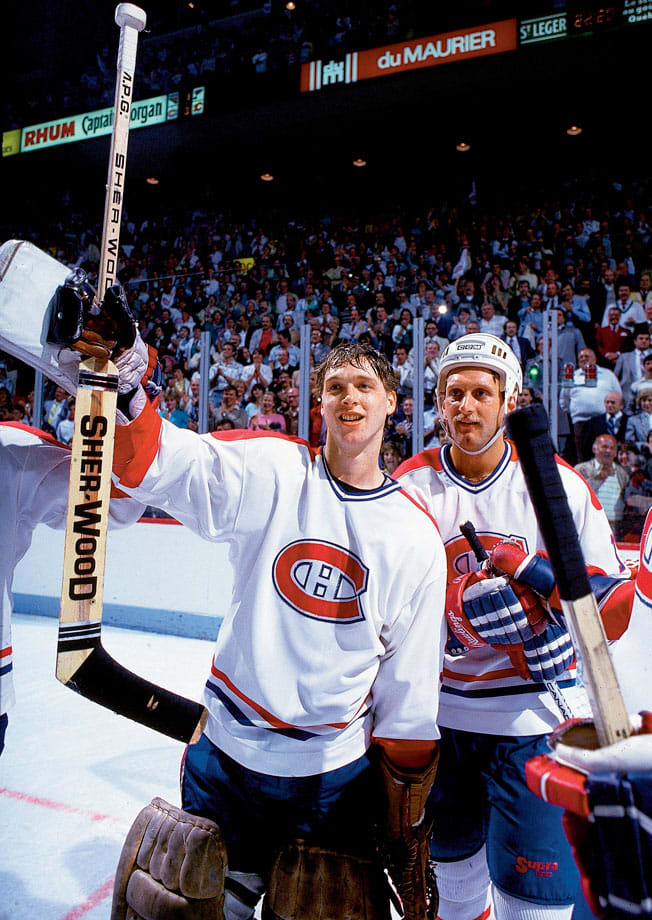
Despite the middling results of his rookie season (3.35 GAA, .885 save percentage), Roy’s cockiness suggested there was much more to his game. The 20-year-old put it all together that spring, going 15-5 with a 1.92 GAA and .923 save percentage to backstop the Habs to the Stanley Cup and become the youngest Conn Smythe winner in history.
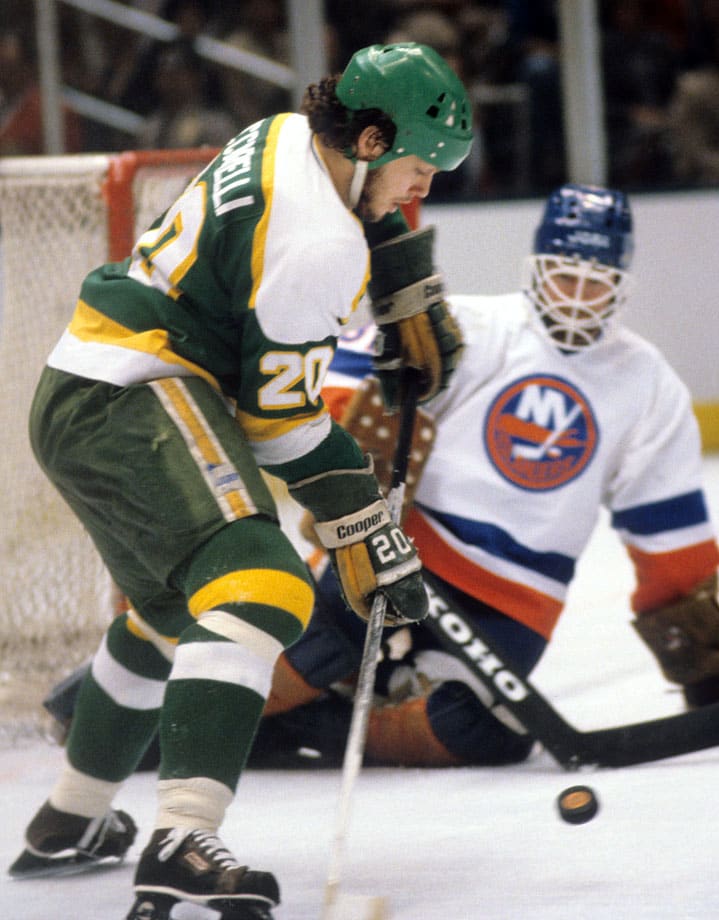
Overlooked in the NHL draft despite scoring 169 goals in just 214 junior games, Ciccarelli settled for a free agency deal with Minnesota. It didn't take long for the other 20 teams to recognize their mistakes. The fractious winger scored 18 goals in 32 games as a freshman, then set NHL rookie records for postseason goals (14) and points (21) in 19 games to help the North Stars reach the Stanley Cup finals.
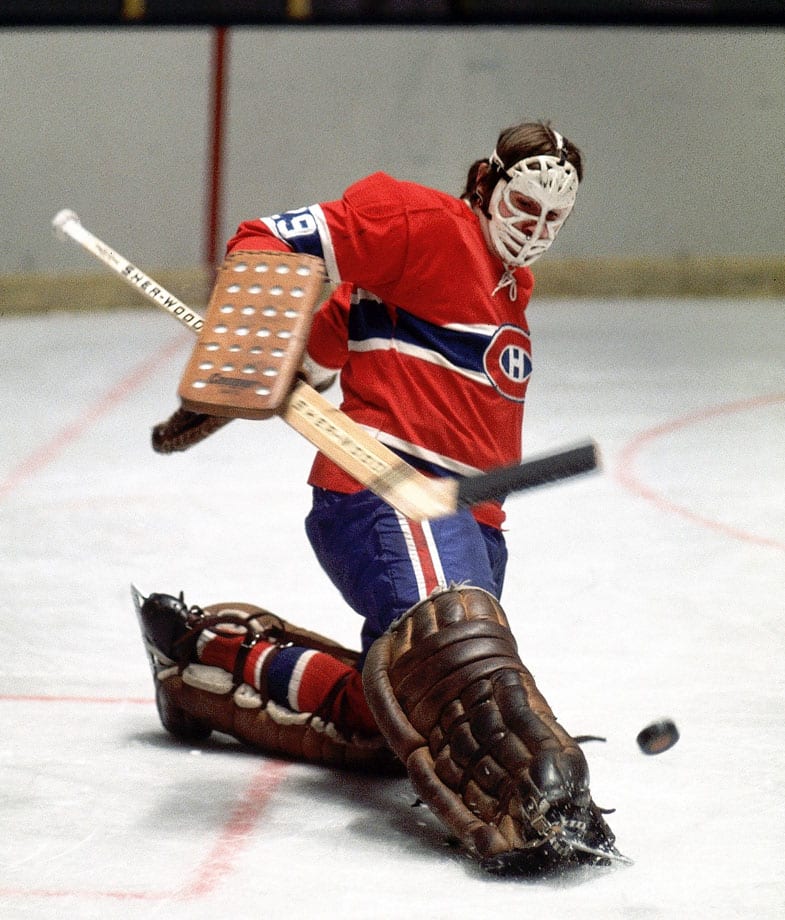
A college graduate who was more invested in his pursuit of a law degree than living the NHL dream, Dryden was the ultimate hockey outsider. And yet with just six games of experience under his belt he was named starter for Montreal's first-round series against the Bobby Orr-led Bruins. What followed was perhaps the greatest upset in NHL history as the Habs knocked off the defending Cup champs in seven stunning games. Dryden went on to post a 12-8 record and GAA of 3.00 and became the first player ever to take home the Conn Smythe before winning the Calder Trophy.
